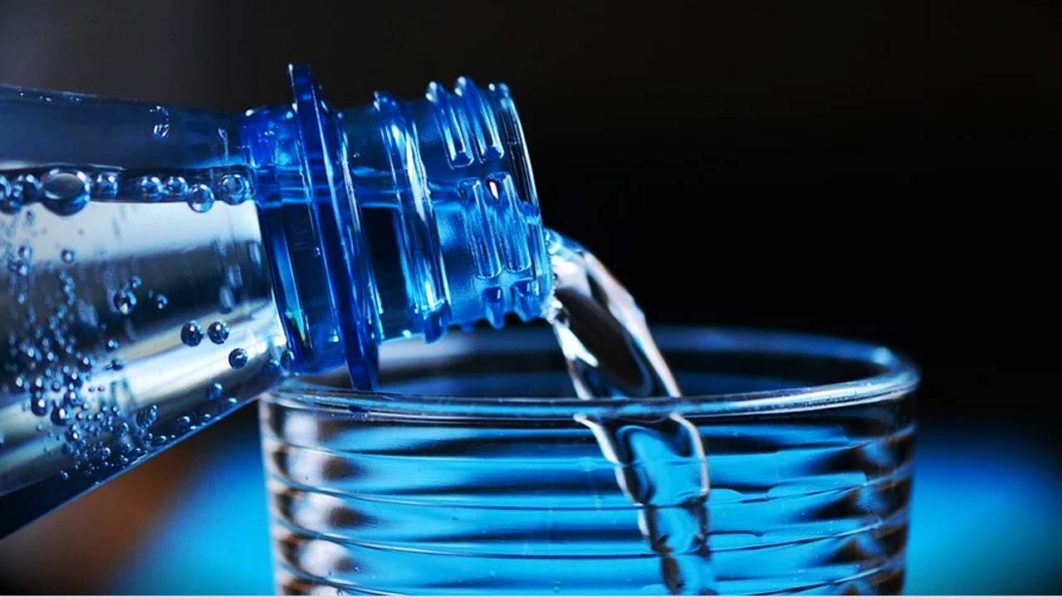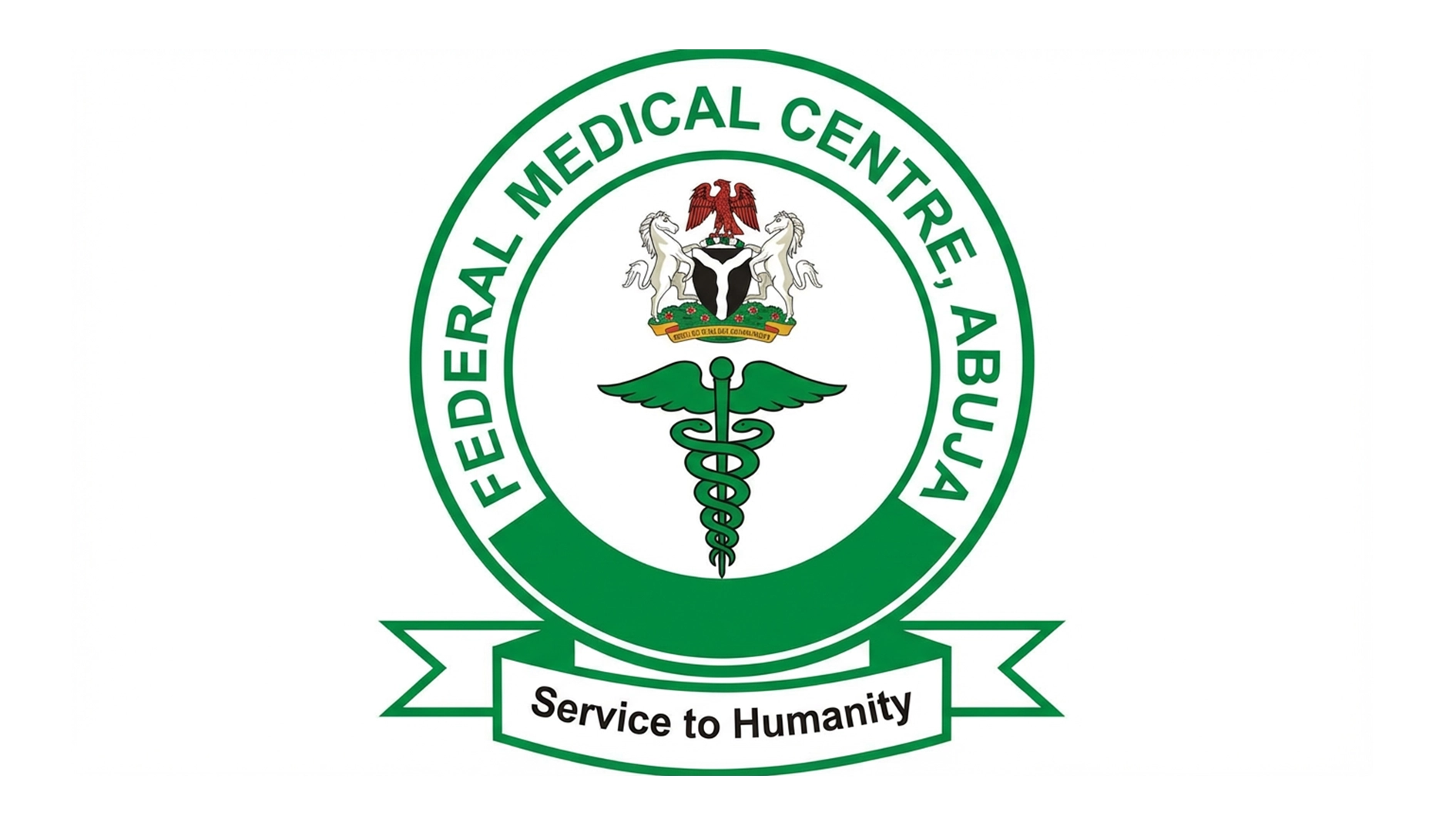
Stakeholders in the water sector have raised the alarm over the high level of water contamination in Nigeria, warning that unsafe drinking water continues to pose significant health risks to millions.
The concerns were raised on Tuesday at the inaugural Water Quality Conference 2025 in Abuja, organised by the Federal Ministry of Water Resources and Sanitation in collaboration with the National Core Group on Water Quality.
Climate and WASH Manager, UNICEF, Chiranjibi Tiwari, in a goodwill message, gave alarming statistics indicating that over two-thirds of Nigeria’s water sources are contaminated.
These contaminants, he noted, are responsible for several waterborne diseases, including cholera and typhoid, which continue to ravage communities across the country.
“More than 111,000 cholera cases were recorded in 2021, leading to 3,600 deaths. Although the numbers declined in subsequent years, we still saw 592 deaths in 2022 and 128 in 2023. Even Lagos, which was not traditionally affected, experienced a cholera outbreak in 2024,” Tiwari stated.
He warned that unless urgent action is taken, Nigeria’s economic productivity could suffer, as children, youth, and the working population remain vulnerable to waterborne diseases.
He therefore called for multi-sectoral collaboration, stressing that achieving Sustainable Development Goal (SDG) 6—universal access to clean water—requires government, private sector, and civil society engagement.
The Minister of Water Resources and Sanitation, Prof. Joseph Utsev, in his keynote address, reaffirmed the ministry’s commitment to ensuring access to safe and clean water as a cornerstone for public health and national development.
Utsev said that despite significant hurdles, the ministry is leveraging advancements in water quality management, working with local and international partners to enhance public health, environmental sanitation, and access to clean water.
He said a major component of this effort is the push to end open defecation, a critical step in improving water safety and sanitation nationwide.
According to Utsev, as part of the strategy, the ministry has developed the Nigerian Roadmap for Water Quality Management, which serves as a guide for ensuring a safe water supply.
The minister added that the Freshwater Restoration and Source Water Protection Programme has been launched to safeguard rivers, lakes, and reservoirs from contamination.
To enhance water quality assurance, Nigeria has instituted national standards, including the Nigeria Standard for Drinking Water Quality and the Nigerian Standards for Ambient Water Quality, while also finalizing the Nigerian Standard for Irrigation Water Quality, said Prof. Utsev.
Elizabeth Ogoh, Director of Water Quality, representing the Permanent Secretary of the Federal Ministry of Water Resources and Sanitation, Philip Richards Pheelangwa, emphasized that safe water is not just a public health issue but also a national economic and environmental priority.
“This conference is a platform to discuss critical sub-themes such as policy and governance, health implications of unsafe water, current water quality realities, and monitoring mechanisms,” she said.
Pheelangwa called for stronger institutional frameworks, innovative solutions, and regulatory enforcement to improve Nigeria’s water quality.
The conference, which gathered policymakers, experts, industry leaders, and development partners, is expected to generate actionable recommendations to strengthen water quality management and curb the spread of waterborne diseases in Nigeria.






